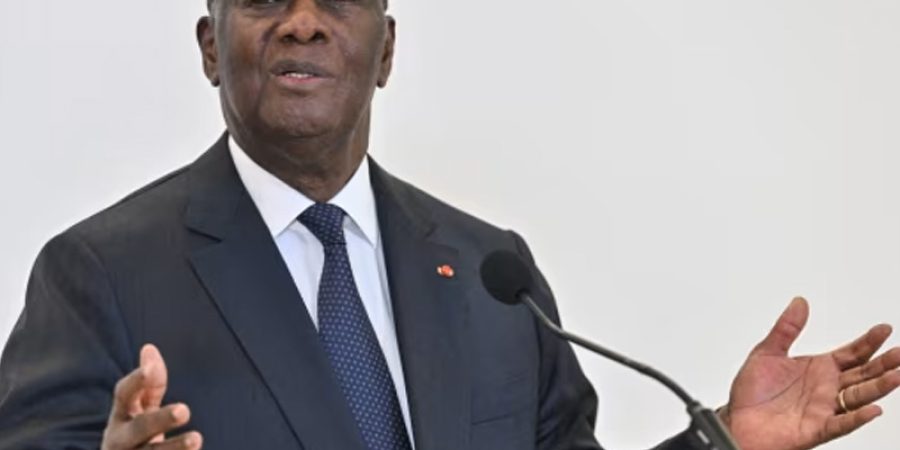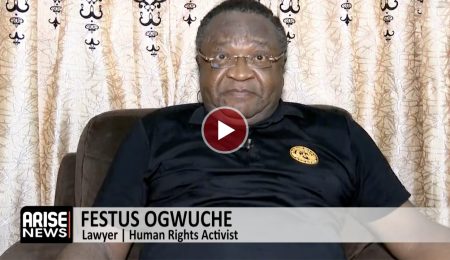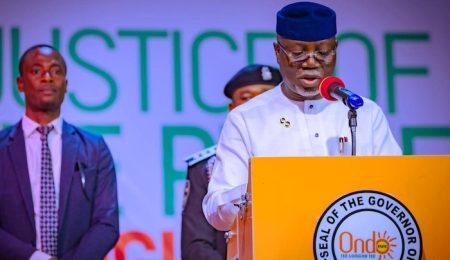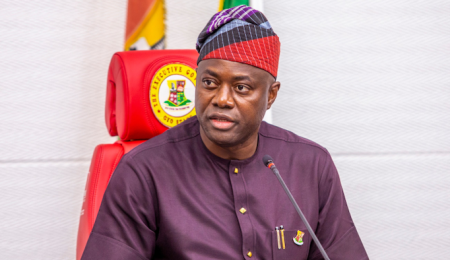President Alassane Ouattara of Ivory Coast announced on Tuesday that he will run for a fourth term in the upcoming October election, a decision that has already sparked political tension in a country with a history of violent and disputed elections.
“I am a candidate, because the constitution allows me to seek another term, and my health allows it,” the 83-year-old president said during a televised address to the nation.
Ouattara’s return to the ballot is controversial. In 2016, his government passed a new constitution that effectively reset the presidential term limits. He used this legal interpretation to justify his successful third-term run in 2020, after initially pledging to step down. That reversal followed the sudden death of his chosen successor, Prime Minister Amadou Gon Coulibaly.
Critics argue that Ouattara’s move undermines democratic norms and fuels political instability. The West African nation witnessed deadly protests during his 2020 campaign, and tensions have already resurfaced over the disqualification of another prominent challenger, Tidjane Thiam.
Thiam, a former Credit Suisse CEO, was barred from running by the courts due to his former French citizenship. Although he has renounced it, Ivorian law prohibits dual nationals from contesting the presidency. The court’s decision sparked public outrage and accusations of political interference.
Elections in Ivory Coast are often marked by unrest, and Ouattara’s latest bid is likely to deepen distrust among opposition supporters and civil society groups.
“Ouattara’s decision just reinforces the legitimacy crisis everyone in the region is facing,” said Nat Powell, Africa analyst at Oxford Analytica. “It makes people like Ouattara look like hypocrites,” he added, referring to the growing perception that civilian leaders are eroding democratic checks while condemning military takeovers in neighboring states.
The president defended his candidacy by pointing to growing economic and security challenges in the region, which he said require steady and experienced leadership.
Over the past decade, extremist groups affiliated with al-Qaida and the Islamic State have expanded from the Sahel into West African coastal nations, including Ivory Coast, Togo, and Benin. The region is also grappling with a wave of military coups and waning trust in civilian governments, weakening regional cohesion in the Economic Community of West African States (ECOWAS).
At home, Ivory Coast’s economy faces mounting pressure from climate change and US trade policies affecting its cocoa exports. The country is the world’s largest cocoa producer, supplying over a third of the global market.
Ouattara’s bid comes at a time when West Africa is increasingly divided over leadership legitimacy, democratic backsliding, and foreign influence and his candidacy may further inflame an already volatile political landscape.
Erizia Rubyjeana
Follow us on:



